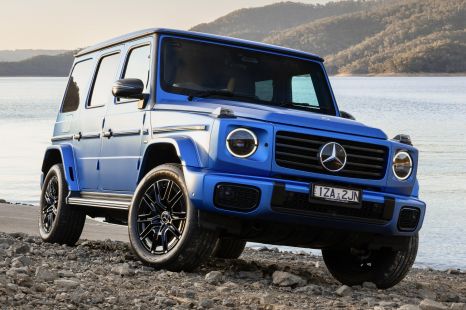

Max Davies
4 Days Ago
A new study has found 49 per cent of Australian EV owners surveyed are likely to return to a combustion-powered vehicle with their next car.

Contributor
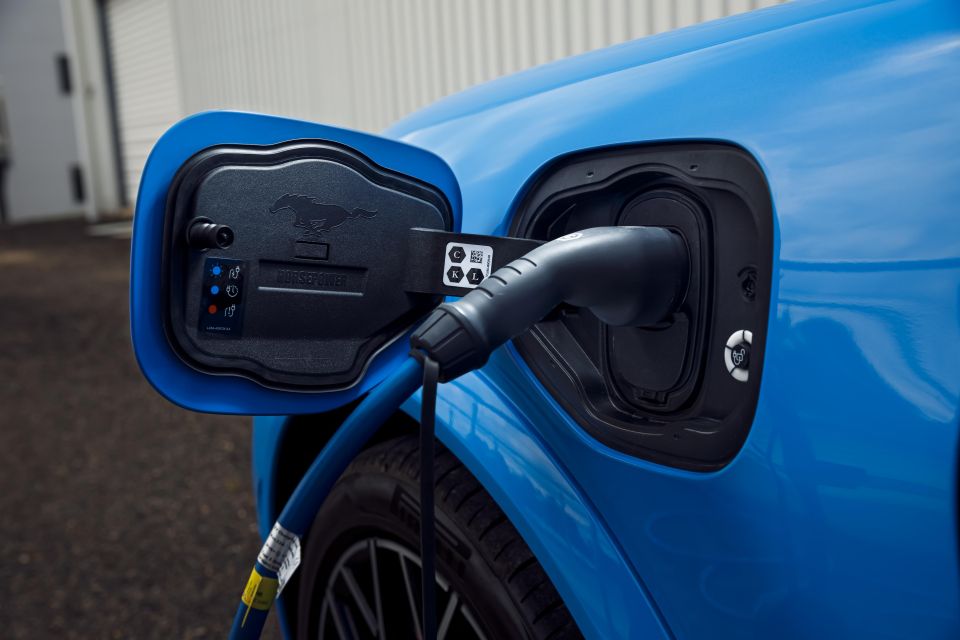

Contributor
Nearly half of Australia’s electric vehicle (EV) owners are likely to go back to petrol or diesel cars rather than stick with battery-powered models, a new study has found.
McKinsey and Co.’s 2024 Mobility Consumer Pulse report was released this week, showing the responses to more than 200 questions from over 30,000 motorists from around the globe – including Australians.
One of the firm’s questions asked EV owners how likely they would be to return to petrol and diesel-powered internal-combustion engine (ICE) vehicles for their next car.
49 per cent of Australian respondents said they’re considering a switch back to ICE, though the report didn’t detail how many of the remaining 51 per cent were on the fence or committed to EV ownership.
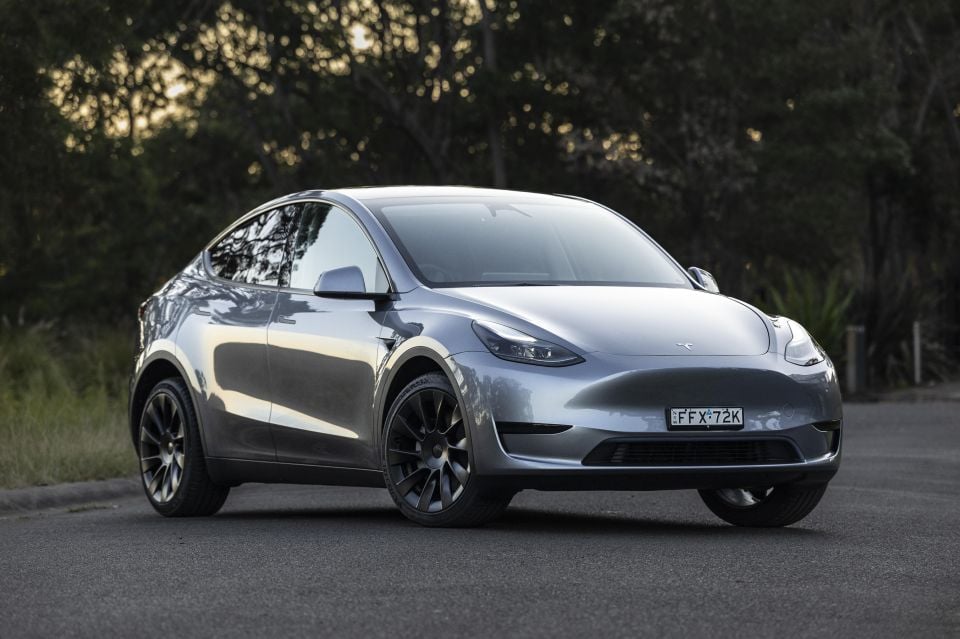
Of the nine countries represented in the data – including the US, Brazil, China, Germany, Norway, France, Italy and Germany – Australia had the highest rate of EV owners considering going back to petrol or diesel power, well above the 29 per cent global average.
Worldwide respondents listed public charging limitations (35 per cent), ownership costs (34 per cent), range limitations on long trips (32 per cent) and a lack of home charging capability (24 per cent) as the most common reasons why they want to go back to ICE from EV.
Australians were also overrepresented in the reasons holding them back from considering buying an EV, with 63 per cent of respondents saying they “don’t like to occupy themselves with new technology”, eight per cent higher than the average response globally.
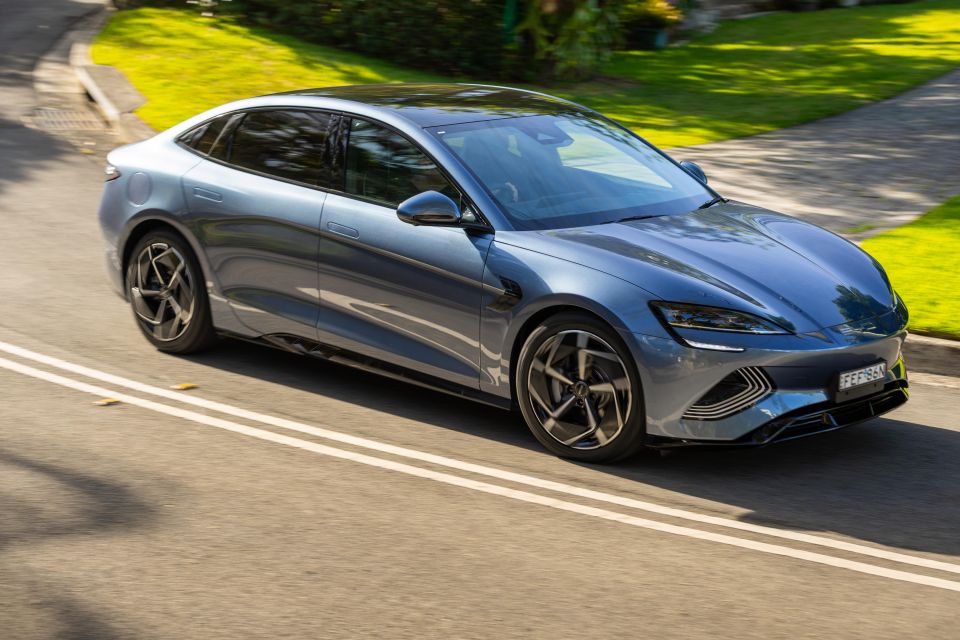
In a sign that carmakers could do even more to market their EV lineups globally, 40 per cent of surveyed respondents said they had either never heard about EVs or could explain what they are.
While many car enthusiasts lament the transition to electric as the death of engines, just 14 per cent of those who said they don’t want an EV attributed their hesitance to their enjoyment of combustion engines.
Earlier this year, the Australian Automotive Dealer Association (AADA)’s 2024 Automotive Statistics publication – citing data sourced from Zing Insights’s January 2024 EV and Hybrid Vehicle report – found 57 per cent of local new car buyers thought EVs cost too much.
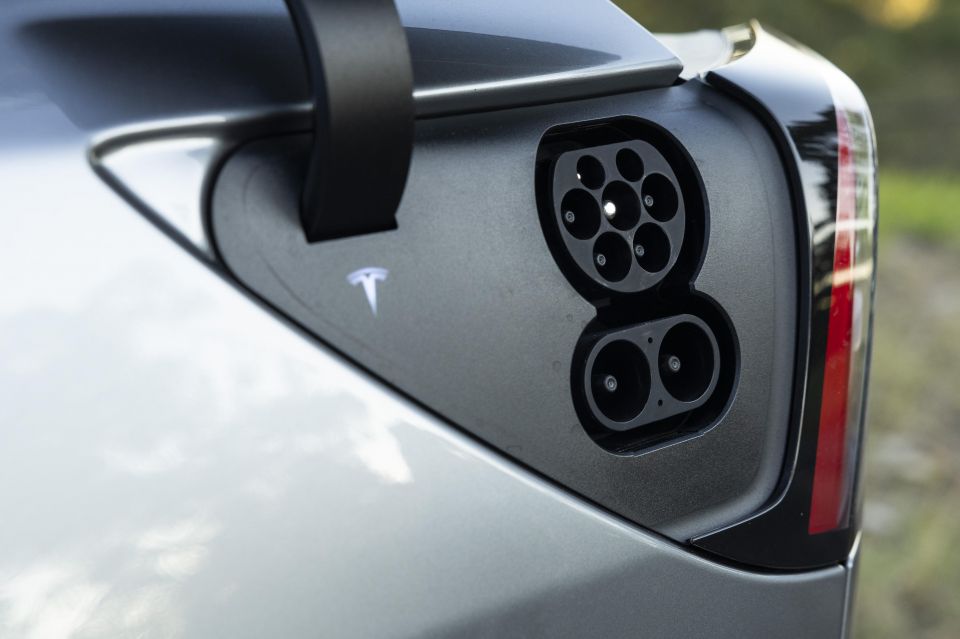
The report found new car buyers are willing to pay up to eight per cent more for an EV compared to an equivalent petrol-powered model – though there remains a much wider gulf in price between combustion vehicles and their electric equivalents.
A lack of charging stations and infrastructure to support EVs is the second biggest deterrent for buyers, with 50 per cent of respondents putting it as a reason why they won’t switch from petrol or diesel power.
New car buyers are also worried about not having the right home charging setup (44 per cent of respondents) and hold concerns about an EV’s driving range not being sufficient (39 per cent).
Though EV sales in Australia experienced a rare slump in April, 8974 battery-powered vehicles were sold in May, bringing the year-to-date total up to 40,636 – 26.8 per cent higher than last year.
MORE: Study reveals why Australians aren’t buying electric cars
Born and raised in Canberra, Jordan has worked as a full-time automotive journalist since 2021, being one of the most-published automotive news writers in Australia before joining CarExpert in 2024.


Max Davies
4 Days Ago
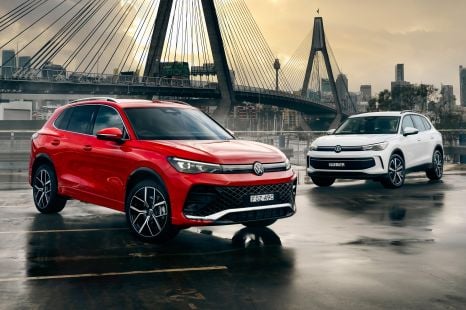

Max Davies
4 Days Ago
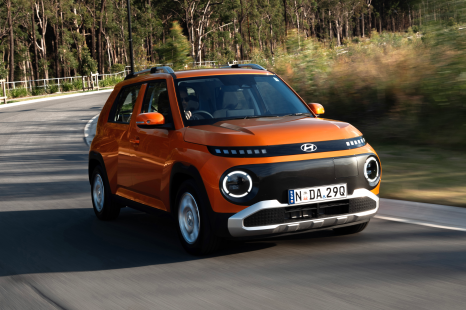

Josh Nevett
4 Days Ago
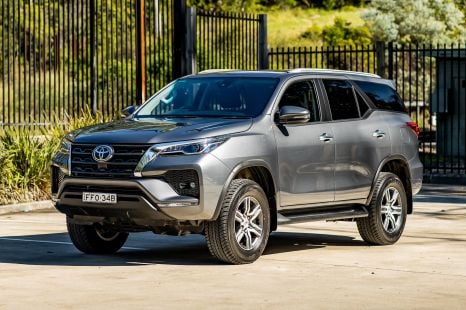

Matt Campbell
3 Days Ago
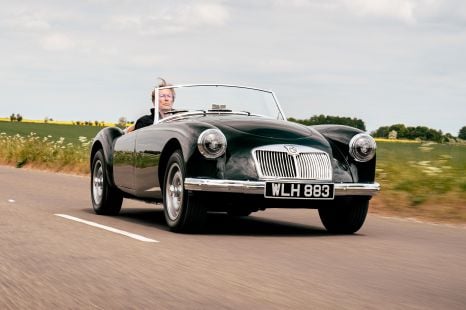
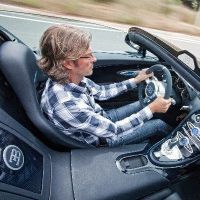
Angus MacKenzie
2 Days Ago
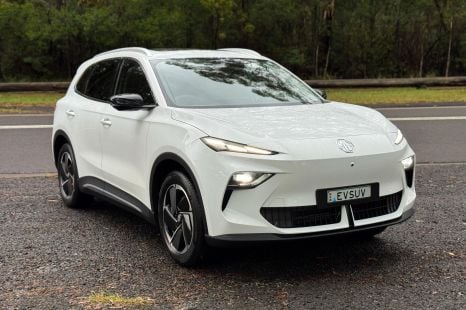

Matt Campbell
18 Hours Ago